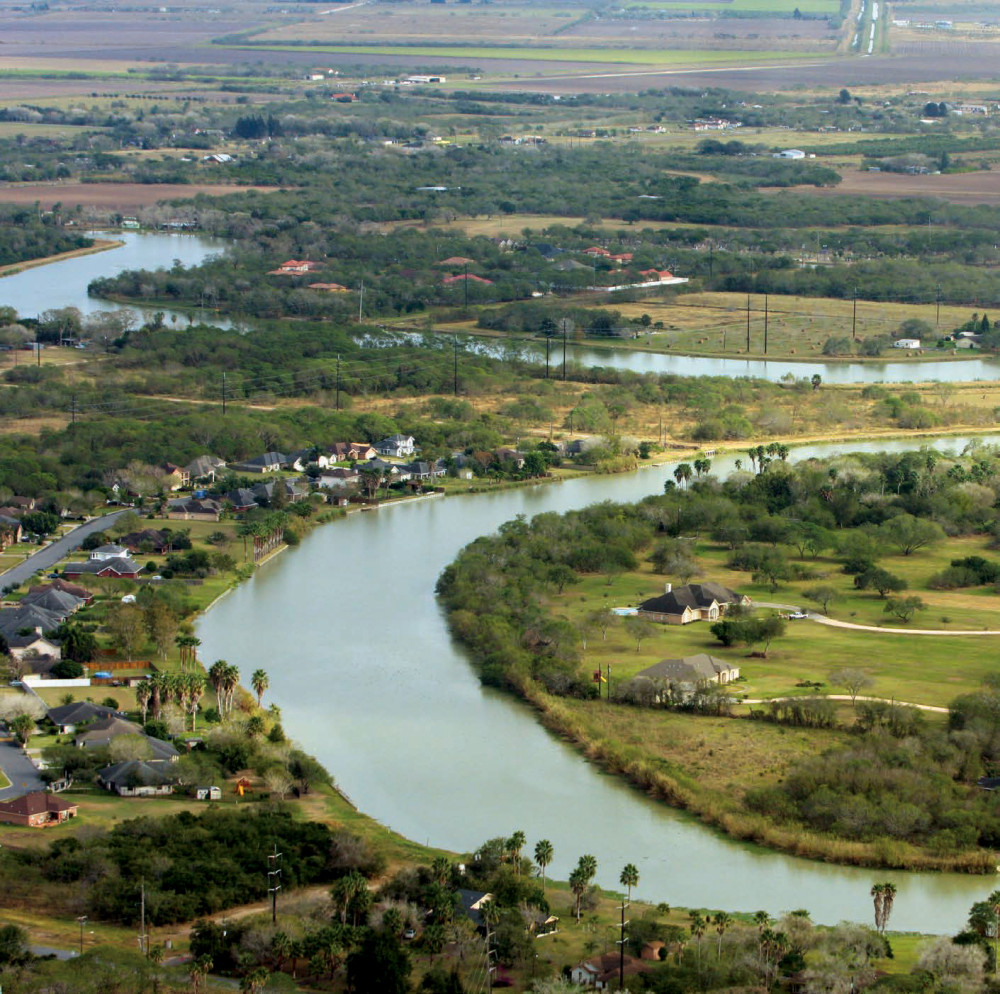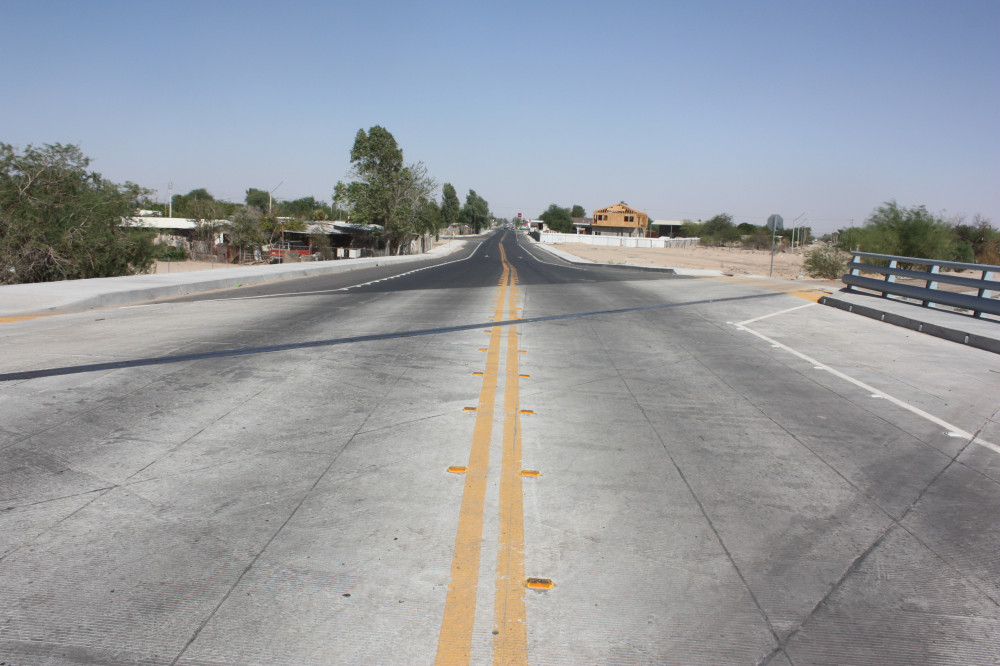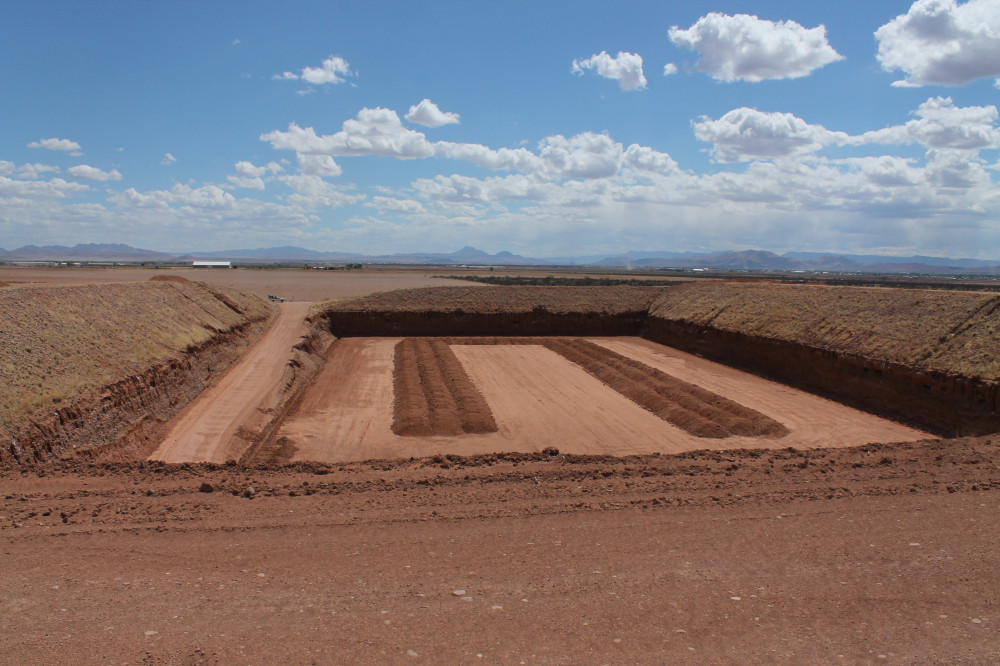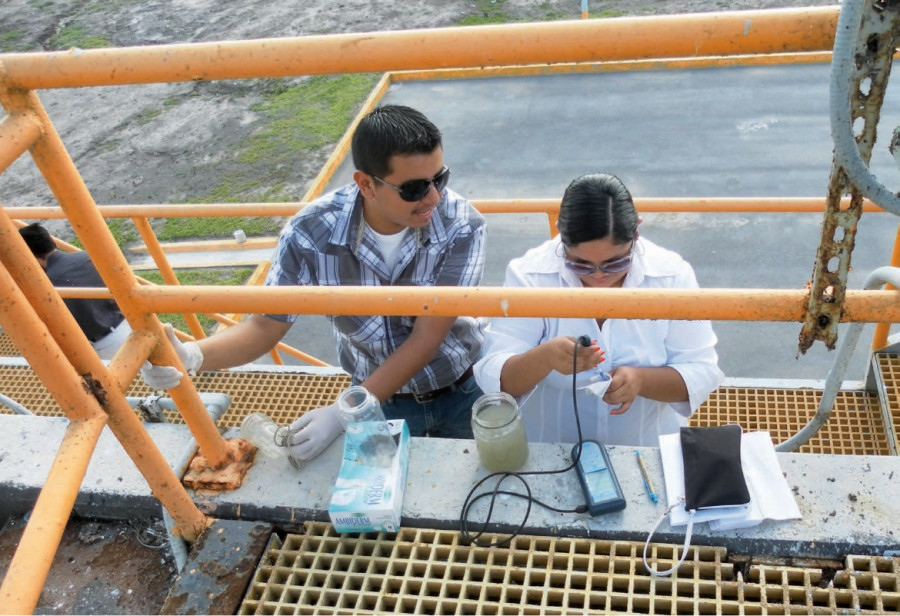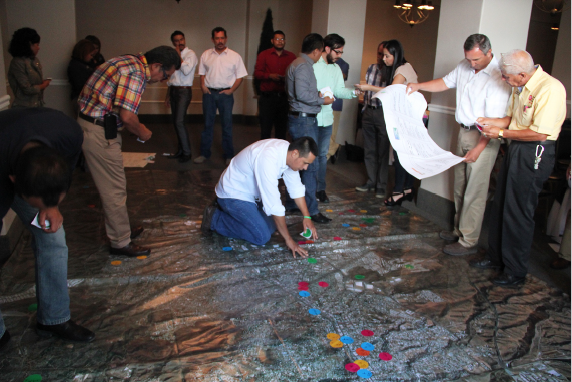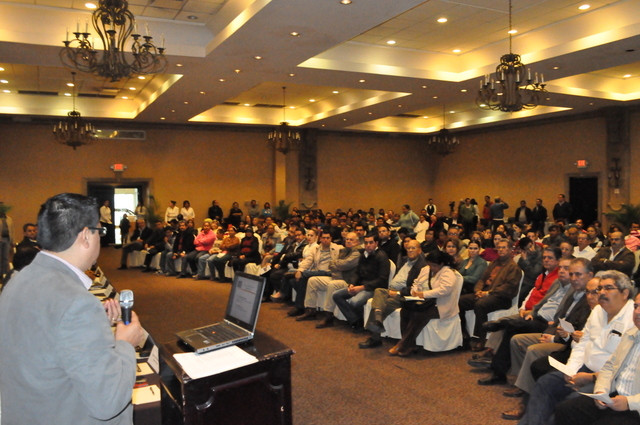For NADBank, it is important to know that the projects it finances are not only completed as designed, but also perform as intended to improve the environment and related health conditions for border residents. To that end, a Results Measurement System was developed to provide an objective assessment of project outcomes and performance, as well as to measure those results. It consists of two components: a closeout process conducted after the project has been in operation for a year and a more in-depth impact assessment for select projects.
Closeout Reports
The closeout process serves to document and assess the physical facilities built and their performance within a year after initiating operation. It is an effect tool for verifying whether the project was constructed as approved and has been operating as intended.
View Projects with Closeout Reports
Aggregate Closeout Report: December 2022
Impact Assessments
An impact assessment is performed to ascertain the actual impact of the project on specific environmental and human health indicators in the long-term. It serves to verify whether the project is having an impact beyond its physical outputs and outcomes by providing environmental and health benefits to the intended population.
View Impact Assessments
